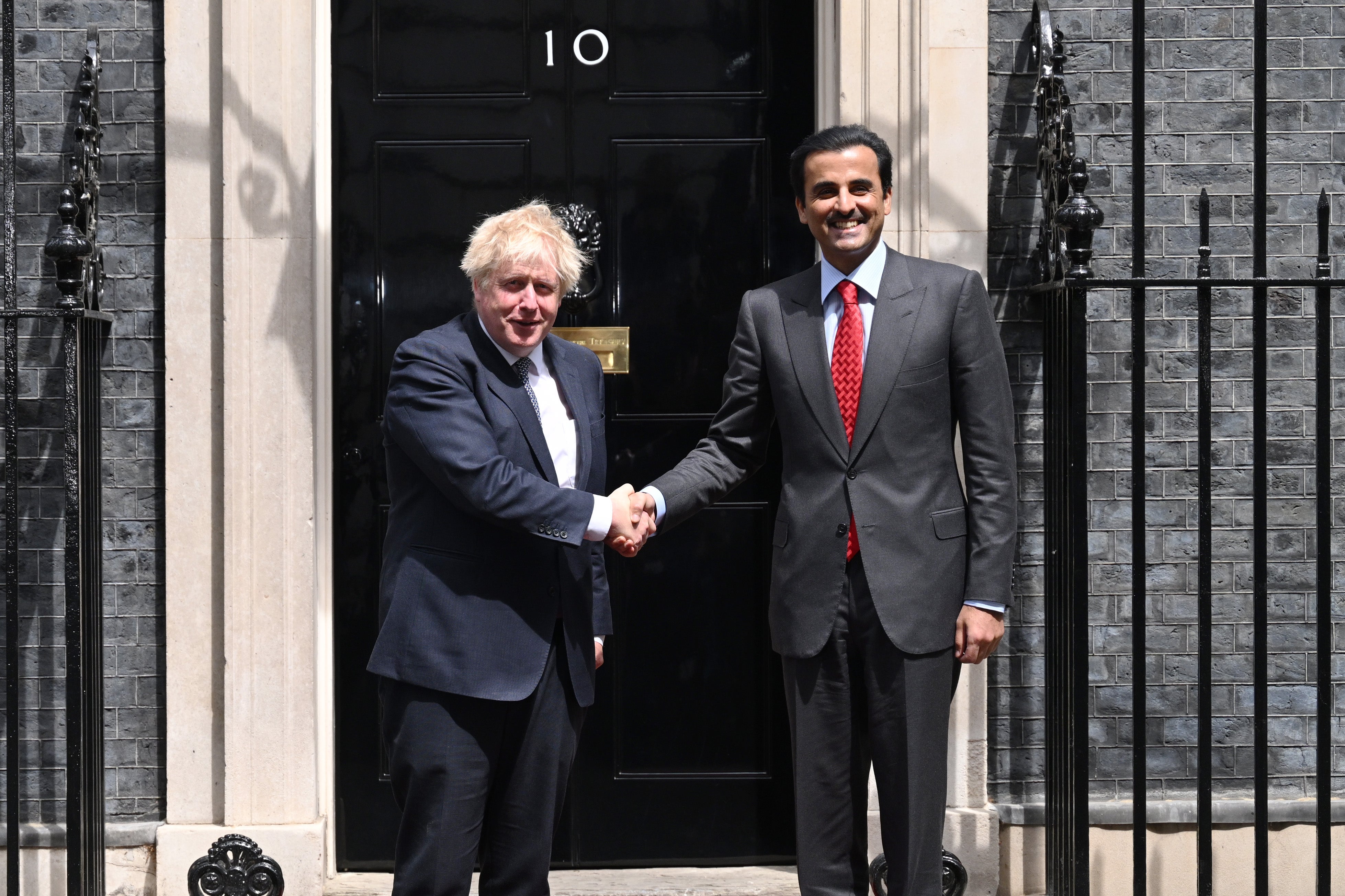How Qatar forged a path of its own after declaring independence from Britain
Qatar had been a UK protectorate from 1916 but London’s declining post-Second World War power, plus local anger at British rule, meant that Doha struck out alone, writes David Harding


Qatar has some big dates coming up, including the World Cup which begins on 20 November. Before that though are other milestones – not least Saturday, 3 September, the date on which the Gulf state gained its independence from Britain 51 years ago in 1971.
Qatar had been a UK protectorate from 1916 but London’s declining post-Second World War power, plus local anger at British rule, meant that by the 1960s and early 70s, Doha was about to forge its own path. At first, there was consideration given to Qatar becoming part of a federation including neighbouring Bahrain, but both countries eventually went their own way.
Foreign Office papers around the time of Qatari independence was being negotiated with the UK are not only instructive about Doha’s starting point as a “new nation” – in 51 years, the country has managed to become one of the richest on Earth, mostly thanks to gas, and become an important diplomatic player – but also about Britain’s diminishing role.
Letters sent by British civil servants to each other in 1971 drip with colonial arrogance, but more than half a century on are still revealing. In one, a Mr Antony Acland writes to Geoffrey Arthur claiming that “maddening though the Al-Thani are to deal with, they probably serve British interests better than any likely alternative”, and “provided the family can stick together, they seem as well placed to retain power as any of the other shaikhly [sic] regimes in the Gulf”.
Whether or not the al-Thani family are maddening to deal with, they have stuck together, with a few bumps along the way, and retain power. But it is clear the relationship has drastically altered.
The tone of the letters came from a position of British power and the condescension almost leaps from the page. That swiftly went.
One apocryphal tale claims the UK was given first right to try and bring Qatar’s underwater gas riches to the surface, but said it couldn’t be done. Qatar turned elsewhere and summoned British officials only to show them it could and gleefully said lucrative contracts were going elsewhere.
In May, when Boris Johnson was working, he met Qatar’s leader, Sheikh Tamim bin Hamad al-Thani, and celebrated the “important trade” between the two countries worth £4.8bn last year and Qatar’s £40bn investment in the British economy.
Last weekend, the first planes of a £6bn jetfighter deal, which will help secure the skies during the World Cup were delivered. British interests are still being served, but it is Qatar that is becoming a protectorate of the UK’s post-Brexit economy.
Yours,
David Harding
International editor



Join our commenting forum
Join thought-provoking conversations, follow other Independent readers and see their replies
Comments